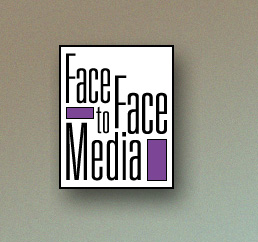Pride and Prejudice: The Road to Human Rights and Multiculturalism in British Columbia
Synopsis
There are more languages, cultures and races present in British Columbia than ever before. Have we become a multicultural society? What are race relations like on the street and in the schools? Has BC outgrown the kind of racial conflict and segregation that marked the first decades of the province? What kind of legislation has been passed since confederation that has promoted — or limited — human rights in British Columbia?
Pride and Prejudice explores the turbulent history of race relations in BC over the last century combining contemporary interviews with archival footage and excerpts from prize-winning documentaries. Featuring comments from journalists, filmmakers, youth, workers in a credit union and a hair salon, politicians, white supremacists, police, and educators from many races and cultures, Pride and Prejudice traces the turbulent progress of British Columbia from a rough and racist colony to a vibrant and diverse province.
Included in this one hour documentary:
· A guide to major legislation affecting human rights in BC since confederation.
· Filmmaker Linda Ohama and journalist Kevin Griffin re-examine the reporting of the Japanese internments, using excerpts from Ohama’s film Last Harvest.
· A murder and kidnapping in the 1920s exposed leading members of the Point Grey police force as members of the Ku Klux Klan.
· Young people at an Eastside school discuss the attitudes of young white supremacists, and the problem of racial violence, while viewing excerpts from director Peter Raymont’s documentary Hearts of Hate .
· First Nations Educator Lorna Williams recalls the segregationist days of the 1950s.
· Film director Mina Shum explores the comedy of cultural change and multiculturalism within her family.
|








